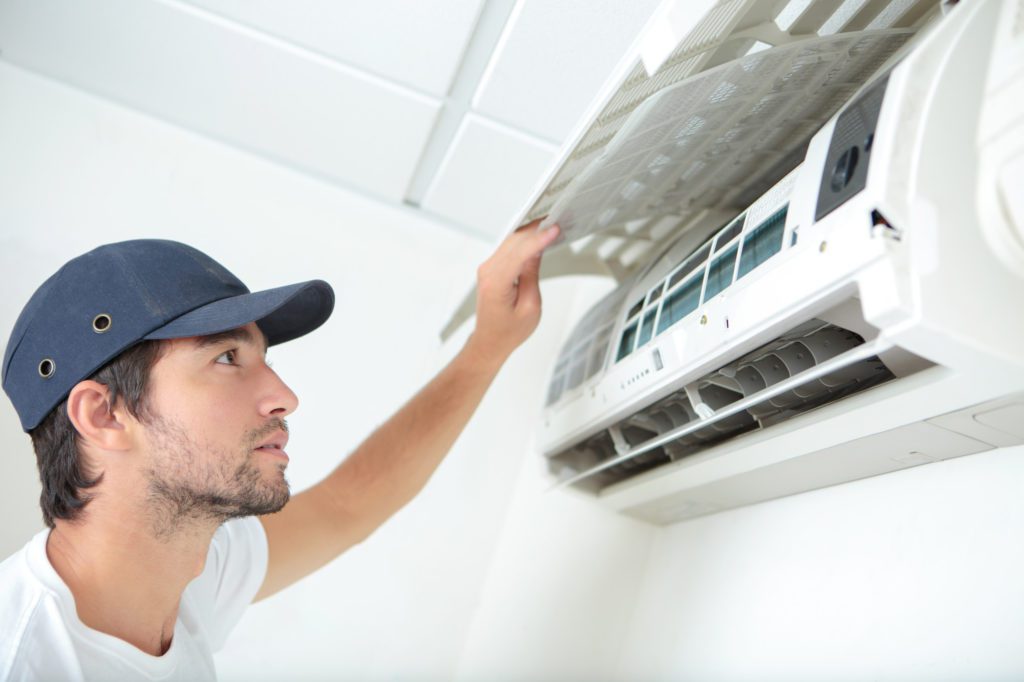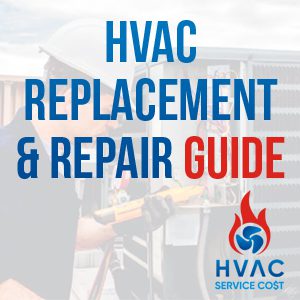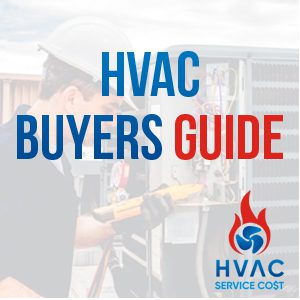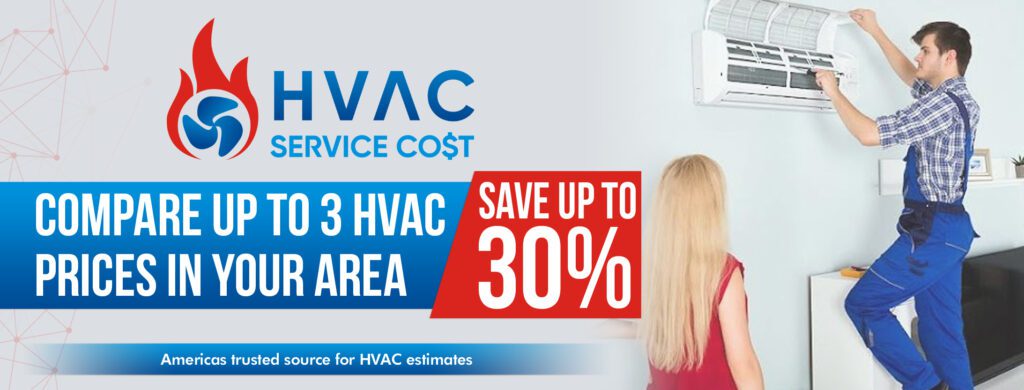
Maximizing Energy Efficiency to Lower Your HVAC Service Costs
When it comes to home energy expenses, heating and cooling costs tend to be some of the highest. Properly maintaining your HVAC system is crucial to keeping those costs under control, but there are also several steps you can take to maximize the energy efficiency of your system. In this article, we’ll explore some simple and effective ways to reduce your HVAC service costs through improved energy efficiency.
5 Ways to Maximize Energy Efficiency
When it comes to maximizing energy efficiency, homeowners often focus on upgrading their HVAC system or replacing old, inefficient parts. While these are both excellent approaches, there are also some simpler and less expensive solutions you can use to save money on energy costs without having to invest in a new system or extensive repairs. Whether you’re looking to reduce your monthly energy bills or simply want to do your part to be more energy-efficient, these tips can help you achieve your goals.
Regular Maintenance and Tune-Ups:
A well-maintained HVAC system will not only last longer but will also operate more efficiently. This means scheduling regular tune-ups and maintenance visits from a qualified HVAC technician. During these visits, the technician can identify and fix any issues that could be causing your system to work harder (and use more energy) than it needs to.
The average cost of an HVAC service visit is between $120 and $150, so the small investment can end up saving you money in the long run.

Upgrade to a High-Efficiency System:
If your HVAC system is more than a few years old, it may be worth considering an upgrade to a newer, more efficient model. While the initial investment may be higher, the long-term energy savings can more than makeup for it. Look for systems with high Energy Star ratings and consider factors like the size of your home and your local climate when selecting a new system.
Use a Smart Thermostat:
A smart thermostat can help you better control your heating and cooling costs by allowing you to set customized schedules and temperature settings. Many smart thermostats can even be controlled remotely via a smartphone app, so you can adjust the temperature while you’re away from home. This can be especially useful for saving energy during the workday when you’re not home to regulate the temperature.
Insulate Your Home:
Proper insulation is crucial to maintaining a comfortable indoor temperature while minimizing energy usage. Make sure your home is properly insulated, particularly in the attic and around windows and doors. This can help keep the heat in during the winter and the cool air in during the summer, reducing the strain on your HVAC system.
Use Ceiling Fans:
Ceiling fans can be a simple and effective way to reduce the load on your HVAC system. By circulating the air in a room, fans can help you feel cooler without having to lower the thermostat. This can be especially useful in the summer when you want to keep the temperature comfortable without running the air conditioner constantly.
By following these tips, you can take steps to maximize the energy efficiency of your HVAC system and reduce your service costs over the long term. Regular maintenance and tune-ups, upgrading to a high-efficiency system, using a smart thermostat, insulating your home, and utilizing ceiling fans can all help lower your energy bills and keep your home comfortable year-round.

How to Get the Best Value for Your HVAC Service Dollar
In addition to the tips listed above, here are a few more strategies you can use to improve the energy efficiency of your HVAC system and reduce your service costs:
Use Energy-Efficient Filters
- One simple but often overlooked way to improve the efficiency of your HVAC system is to use high-quality, energy-efficient filters.
- These filters are designed to trap more pollutants and allow less air to pass through, which can help your system run more efficiently.
- They may cost a bit more upfront, but they can save you money in the long run by reducing the strain on your system and extending its lifespan.
Seal Leaks and Gaps
- Air leaks and gaps around doors and windows can allow hot or cold air to escape, causing your HVAC system to work harder to maintain a comfortable temperature.
- Sealing these leaks and gaps can help keep the air inside your home where it belongs, reducing the load on your HVAC system and lowering your energy bills.
- Use caulk or weatherstripping to seal gaps around windows and doors, and consider hiring a professional to seal any larger leaks or gaps in your home.

Use Blinds and Shades
- Another simple way to reduce the strain on your HVAC system is to use blinds and shades to control the amount of sunlight that enters your home.
- During the summer, close blinds and shades on the south and west sides of your home to block the sun’s rays and keep your home cooler.
- In the winter, open them up to let in the sun’s warmth. This can help you maintain a comfortable temperature without having to rely as heavily on your HVAC system.
Upgrade to Energy-Efficient Appliances
- Appliances like refrigerators, ovens, and clothes dryers can also contribute to your energy bills.
- If you have old, inefficient appliances, upgrading to newer, more energy-efficient models can help reduce your overall energy usage and lower your HVAC service costs.
- Look for appliances with Energy Star ratings and consider the size of the appliance relative to your needs.
- A smaller fridge, for example, will use less energy than a larger one, even if it’s more efficient.
Use a Programmable Thermostat
- If you don’t already have a smart thermostat, consider investing in a programmable thermostat.
- These thermostats allow you to set customized temperature schedules for different times of the day and days of the week.
- This can be especially useful for maintaining a comfortable temperature while you’re home and saving energy when you’re away.
- Many programmable thermostats also have energy-saving features like setback settings, which can automatically lower the temperature when you’re not home and raise it again before you return.
By following these tips and strategies, you can take steps to improve the energy efficiency of your HVAC system and reduce your service costs. From regular maintenance and tune-ups to upgrading to a high-efficiency system and using energy-efficient appliances, there are many ways to save money and keep your home comfortable.




Leave a Reply